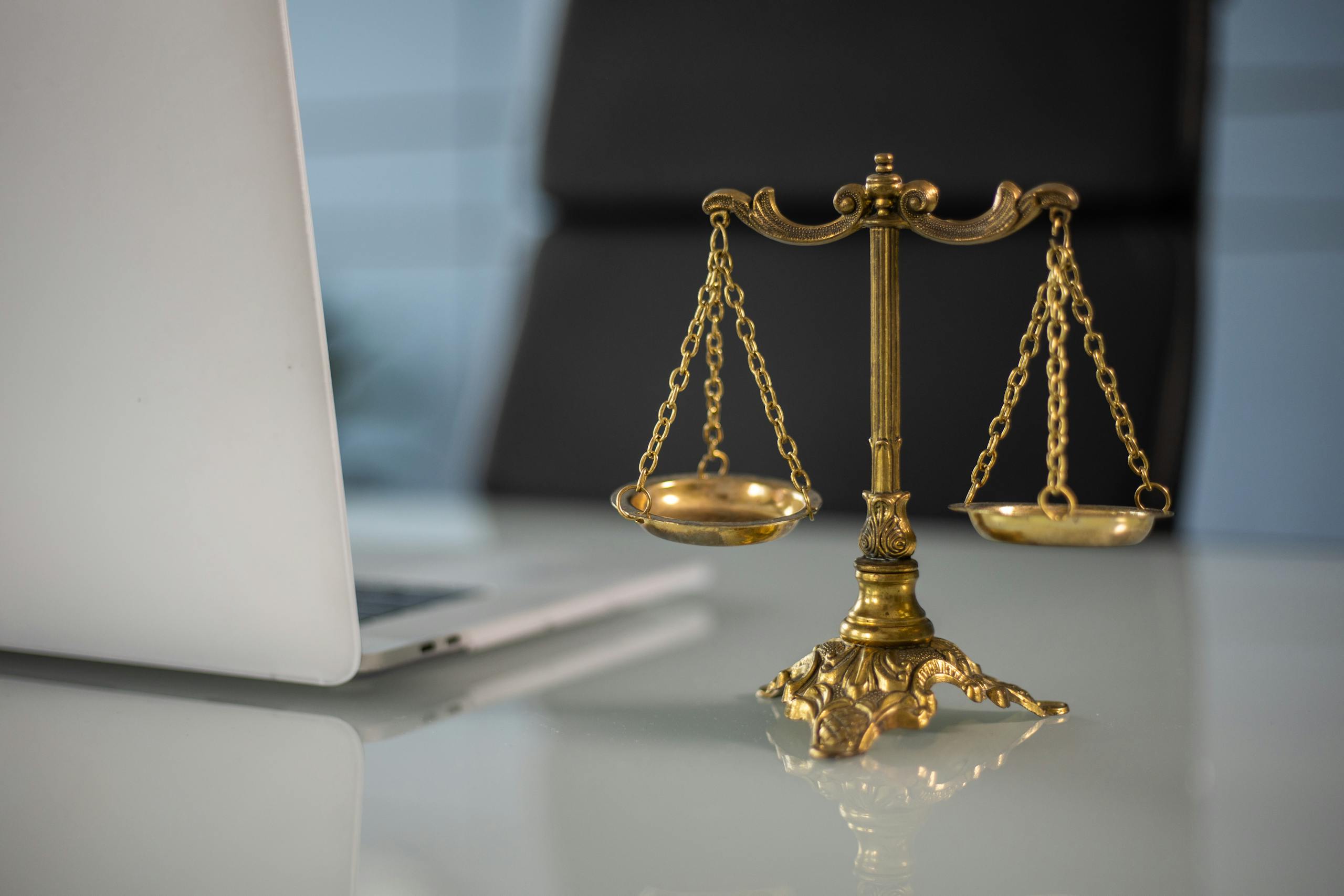How Much Does a Criminal Lawyer Cost? A Breakdown of Charges
When you’re facing criminal charges, one of the most pressing questions is often, “How much is this going to cost me?” As someone who’s navigated the complex world of legal fees, I understand the anxiety that comes with this uncertainty. Let’s break down the costs associated with hiring a criminal lawyer and give you a clear picture of what to expect.
Criminal Lawyer Fees: By the Numbers
Before we dive into the details, let’s look at some eye-opening statistics:
| Type of Case | Average Cost Range |
| Misdemeanor | $1,000 – $5,000 |
| Felony | $5,000 – $50,000+ |
| Federal Crime | $10,000 – $100,000+ |
| DUI (First Offense) | $1,500 – $5,000 |
| White Collar Crime | $10,000 – $100,000+ |
Remember, these are averages. Your actual costs may vary based on several factors.
Factors Affecting Criminal Lawyer Costs
- The severity of the Charge: More serious charges typically require more work and carry higher stakes, leading to higher fees. For example, a simple misdemeanor might cost a few thousand dollars, while a complex felony case could run into tens or even hundreds of thousands. The potential consequences of the charge also play a role – cases with possible long prison sentences often command higher fees.
- Lawyer’s Experience: Highly experienced attorneys often charge more, but their expertise can be invaluable. A lawyer with 20+ years of experience in criminal defense might charge two or three times more than a lawyer with only a few years of experience. However, their knowledge of the local court system, relationships with prosecutors, and track record of successful defenses can sometimes lead to better outcomes, potentially justifying the higher cost.
- Case Complexity: Cases involving extensive evidence, multiple witnesses, or novel legal questions may cost more. For instance, a straightforward DUI might be relatively inexpensive, but a white-collar crime case with thousands of financial documents to review could be extremely costly. Cases that require expert witnesses or extensive forensic analysis will also incur additional expenses.
- Location: Lawyers in major metropolitan areas typically charge more than those in smaller cities or rural areas. This is often due to higher overhead costs and a generally higher cost of living. For example, a criminal defense lawyer in New York City or Los Angeles might charge 50-100% more than a lawyer with similar experience in a smaller Midwest city.
- Time Required: Cases that go to trial are generally more expensive than those resolved through plea bargaining. A case that goes to trial could easily cost 3-5 times more than one that’s settled out of court. This is due to the extensive preparation required for trial, including jury selection, witness preparation, and the time spent in court.
- Lawyer’s Reputation: High-profile lawyers with strong track records may command premium rates. These might be attorneys who have handled famous cases or have a reputation for winning difficult trials. While their rates might be significantly higher, some clients feel the investment is worth it for the peace of mind and potential for a better outcome.
Types of Fee Structures
1. Hourly Rate
Many criminal lawyers charge by the hour. Rates can range from $100 to $800 per hour, depending on the factors mentioned above.
Pros:
- You only pay for the time the lawyer actually works on your case
- Transparent billing (usually in 6-minute increments)
Cons:
- Can be unpredictable, especially for complex cases
- Costs can add up quickly
2. Flat Fee
Some lawyers offer a flat fee for certain types of cases, particularly for common misdemeanors like DUIs.
Pros:
- Predictable cost
- Can be more affordable for straightforward cases
Cons:
- May not cover additional services or a trial if needed
- Might be higher than necessary if the case is resolved quickly
3. Retainer Fee
A retainer is an upfront payment that the lawyer bills against as they work on your case.
Pros:
- Ensures the lawyer’s availability
- Can provide a sense of commitment from both parties
Cons:
- Large upfront cost
- May need to be replenished if depleted
Additional Costs to Consider
- Expert Witnesses: Can range from $1,000 to $20,000+
- Private Investigators: Typically $50 to $200 per hour
- Court Fees: Vary by jurisdiction, but can be several hundred dollars
- Bail: Can range from a few hundred to millions of dollars
Real-Life Scenario: A DUI Case
Let’s break down the potential costs for a first-offense DUI case:
- Lawyer’s Fee: $3,500 (flat fee)
- Court Costs: $500
- DUI Education Program: $650
- Ignition Interlock Device: $800 (for one year)
- Increased Insurance Premiums: $4,500 (over three years)
Total Cost: Approximately $9,950
This example illustrates how the lawyer’s fee is just one part of the overall cost of a criminal case.
Additional Real-Life Scenario Costs
- Felony Drug Possession Case
- Lawyer’s Fee: $10,000 (flat fee for plea bargain, additional $15,000 if it goes to trial)
- Expert Witness (forensic chemist): $3,000
- Court Costs: $700
- Drug Treatment Program: $2,500
- Probation Fees: $1,200 (over two years)
- Total Cost: Approximately $17,400 (without trial), $32,400 (with trial)
- White Collar Crime (Embezzlement)
- Lawyer’s Fee: $50,000 retainer, $400 per hour
- Forensic Accountant: $15,000
- E-Discovery Costs: $10,000
- Court Costs: $1,000
- Restitution: $100,000
- Total Cost: Approximately $176,000 (assuming 250 hours of lawyer’s time)
- Domestic Violence Misdemeanor
- Lawyer’s Fee: $3,500 (flat fee)
- Anger Management Classes: $500
- Court Costs: $300
- Probation Fees: $600 (over one year)
- Total Cost: Approximately $4,900
- Federal Tax Evasion Case
- Lawyer’s Fee: $75,000 retainer, $500 per hour
- Forensic Accountant: $25,000
- Expert Witness (Tax Specialist): $10,000
- Court Costs: $1,500
- Fines: $250,000
- Total Cost: Approximately $461,500 (assuming 400 hours of lawyer’s time)
HOW TO BUDGET CRIMINAL LAWYER COSTS
- Be Upfront About Your Budget: Many lawyers are willing to work out payment plans. Have an honest conversation about your financial situation from the start. Some attorneys might offer sliding scale fees based on income or accept credit card payments. Don’t be afraid to ask if they can work within your budget or if they can recommend someone who can.
- Understand What’s Included: Ask for a detailed breakdown of services covered in the fee. Get a written agreement that clearly outlines what services are included and what might incur additional charges. This can help you avoid unexpected costs and budget more accurately. For example, understand if the fee includes trial representation or if that’s an additional cost.
- Consider a Public Defender: If you can’t afford a private attorney, you may qualify for a court-appointed lawyer. While they often have heavy caseloads, many public defenders are skilled and dedicated attorneys. Research the income thresholds for qualifying in your area. Remember, even if you don’t qualify for a full public defender, you might be eligible for a reduced-fee attorney through your local bar association.
- Participate in Your Defense: The more organized you are, the less time your lawyer needs to spend (and bill for) organizing your case. Gather all relevant documents, write down a clear timeline of events, and provide your lawyer with a list of potential witnesses. This can significantly reduce the time your lawyer spends on these tasks, potentially saving you money.
- Discuss Strategy Early: Understanding the approach can help you budget for the likely course of your case. Ask your lawyer to outline potential scenarios and their associated costs. This can help you prepare financially for different outcomes. For instance, understand the cost difference between a plea bargain and going to trial.
- Explore Alternative Fee Arrangements: Some lawyers might be open to alternative fee structures. This could include a cap on total fees, a hybrid of flat and hourly fees, or success fees where you pay more for a favorable outcome. While not all lawyers offer these options, it’s worth discussing if you’re concerned about costs.
- Prioritize Communication Efficiency: A lawyer’s time is money, so make your communications count. Compile your questions and concerns for scheduled meetings rather than making frequent calls or sending multiple emails. This can help reduce billable hours while ensuring you get the information you need.
- Consider Legal Insurance: Some insurance plans cover certain legal fees. Check if you have any coverage through your employer, credit card benefits, or other memberships. While it may not cover all costs, it could help offset some expenses.
- Set Aside an Emergency Fund: If possible, start setting aside money as soon as you anticipate legal trouble. Even if you can’t cover the full cost, having some savings can help you make a substantial down payment or cover unexpected expenses that arise during your case.
- Seek a Second Opinion: Don’t be afraid to consult with multiple lawyers before making a decision. This can give you a better understanding of the potential costs and help you find the best value for your money. Just be aware that some lawyers charge for consultations, so factor this into your budget.
“A good criminal defense lawyer will be transparent about costs and work with you to provide the best defense within your means.” – Michael Chen, Legal Fee Specialist
Frequently Asked Questions
Q: Can I negotiate the fee with a criminal lawyer? A: Yes, many lawyers are open to negotiation, especially for larger cases.
Q: What if I can’t afford a private criminal lawyer? A: You may qualify for a public defender. While often overworked, many public defenders are skilled and dedicated attorneys.
Q: Are criminal lawyer fees tax-deductible? A: Generally, no. Personal legal expenses, including criminal defense, are not tax-deductible.
Q: How much does a consultation with a criminal lawyer cost? A: Many criminal lawyers offer free initial consultations. Others might charge a nominal fee, typically $100-$400.
Q: Can I get a refund if I’m not satisfied with my lawyer’s services? A: This depends on the terms of your agreement. It’s crucial to discuss this possibility upfront and have it in writing.
Conclusion: Investing in Your Freedom
While the cost of a criminal lawyer can be significant, it’s important to view it as an investment in your future. A skilled attorney can mean the difference between a conviction and an acquittal, or between harsh penalties and a more favorable outcome.
If you’re struggling to find an affordable criminal defense lawyer, consider using a service like LegalShield. They offer access to a network of experienced attorneys at more affordable rates. Learn more about how LegalShield can help you find quality criminal defense representation here.
Remember, the cheapest option isn’t always the best when it comes to criminal defense. Focus on finding a lawyer who offers a balance of experience, skill, and value. Your freedom and future are worth the investment.







